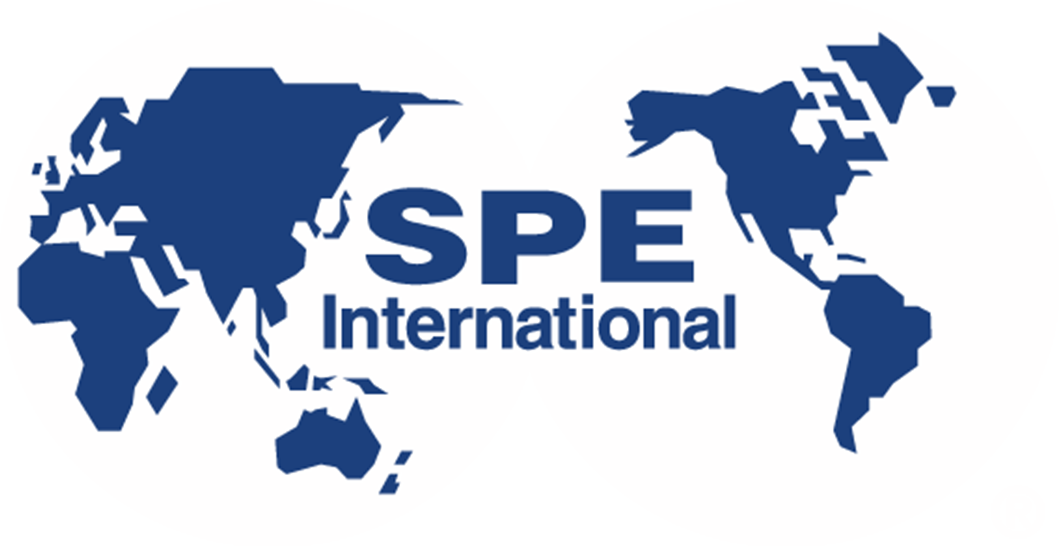Agenda
Wednesday, October 19
In the current environment of intense scrutiny on capital efficiency, this session focuses on subsea system design to optimize capital expenditures around acceptable risk. Presentations will focus on addressing known flow assurance issues and providing operations flexibility rather than building a system designed for all worst-case conditions. Topics may include approaches to insulation, chemical treatment, equipment reliability, and other approaches to risk management by challenging levels of conservatism based on lessons learned from recent project execution and operations.
Presentation 1: Adapting Flow Assurance Design for ILX & Deepwater Gas Developments
Presenter: Christopher McDermott, BP
Presentation 2: TBA
Presenter: Scot Bodnar, Clariant
Presentation 3: Flow Assurance Design Requirements in Capital Projects
Presenter: Kevin Aberdeen, Chevron
While advances in technology enable the Industry to move towards cost-efficient designs, they also redefine how we manage Flow Assurance challenges. This session will provide an overview of novel technologies deployed or proposed to remediate operational Flow Assurance issues such as wax, hydrate, asphaltene, and scale.
Presentation 1: Combining Industry Standards with Innovative Technology to Remediate Underperforming Wells
Presenter: Wendy Huval, Baker Hughes
Presentation 2: Wax in Gas-Dominated Flow: Novel Modeling Approach and In-field Verification by Gamma Tomography
Presenter: Matt Dionne, Chevron
Presentation 3: Remediation of Liquid Build-Up in Gas Export Line
Presenter: JR Salinas, Equinor
Production systems, especially offshore, require various chemicals and fluids to ensure sustainable and profitable production. In many cases, such fluids and their seamless injection is critical to keeping the field producing. This session focusses on novel ideas and enhancements in the field of oilfield production chemicals and injection systems, ensuring their optimum and reliable delivery to the intended locations.
Presentation 1: A Review of Controlled Release Application Methods
Presenter: Jon Wylde, Clariant
Presentation 2: Governance of Subsea Production Chemicals Product Line
Presenter: Chris Morrison, ChampionX
Presentation 3: Stable Delivery of Low Dosage Chemicals, Especially in High-Pressure Systems
Presenter: Clinton Koontz, SkoFlo
Presentation 4: Increase Subsea Production via Novel Application Methods of Proven Technology
Presenter: Art Schroeder, Subsea Shuttle
While flow assurance engineers aim for best practices in operations and design they are not always achieved or, when implemented, work out as expected. This session focuses on re-examining best practices where operators have had to address unforeseen issues while dealing with typical flow assurance challenges (wax management, hydrate mitigation, scaling, etc), especially around missing or erroneous design data.
Presentation 1: Lessons in Firefighting from a Dalmatian
Presenter: Jimmy Mulligan, Murphy Oil
Presentation 2: Removing the Conservatism and Risk from Waxy and High Pour Point Oil Systems
Presenter: Daniel Shields, Grampian Consulting
Presentation 3: Accidental Flow Assurance
Presenter: Ishan Rao, KPMG
Thursday, October 20
This session will explore methods to predict and detect asphaltenes in field for current or future developments. This may include physical tests or predictive methods like equations of state. Furthermore, once asphaltenes are deemed problematic, what tests can be used for inhibitor selection and field performance. Near-wellbore deposition and remediation (due to water/gas injection in reservoir for improved recovery) is also in scope.
Presentation 1: Asphaltene Management Overview
Presenter: Tabish Maqbool, ExxonMobil
Presentation 2: Comprehensive Approach in Mitigating Asphaltene Downhole Arterial Deposition from a Deep-water Production Well in GOM
Presenter: Jianxin Wang, Chevron
Presentation 3: Asphaltene Management for Reservoirs with Compositional Grading
Presenter: Zhongxin Huo, Shell
Use of Real Time Systems (RTS) and transformation of data into actionable intelligence promises potential uplift, increased uptime, and improved risk management. This session will explore the applications of RTS and data analytics to improve operations and production volumes.
Presentation 1: Using AI to Optimize the Use of Gas Lift in Oil Wells
Presenter: Dale Erickson, Wood
Presentation 2: Advanced Surveillance through Integration of RTS and Data Analytic Software
Presenter: Braden Snook, ExxonMobil
Presentation 3: Flow Assurance Monitoring System: A Digital Transformation Journey
Presenter: Akshay Mohikar, BP
With a focus on Energy transition, GHG and high CO2 system management is key. This session will explore the challenges associated with collection, purification, and transportation of CO2 as well as the critical need to understand the system phase behavior.
Presentation 1: Flow Assurance Enables Low Carbon
Presenter: Talos Energy
Presentation 2: General Concerns on the Design and Operation of CCUS Systems from Emitter to Storage
Presenter: Govind Hedge, Wood
Presentation 3: New Flow Assurance Challenges for New CCS Opportunities
Presenter: Doug Turner, Exxon
Presentation 4: Enabling Safer and Cheaper CSS by Using Electrical Heaters
Presenter: Guillermo Pastor, Salamander Solutions
Science and technology combined with new business models are developing at an extraordinarily rapid pace today. Examples include venture capitalists, start-up companies, material science, artificial intelligence, digitallization, 3D printing, energy transition, robotics just to name a few. What will flow assurance management look like in the future and how to "think outside the box" to efficiently adopt the advancements in other industries? This session is planned with a keynote speaker followed by a panel discussion.
Key Note Presentation:
Vinod Veedu, Oceanit
Panelists:
John Lovell, Microsilicon; Gabriel Silva, TechnipFMC; Ishan Rao, KPMG
